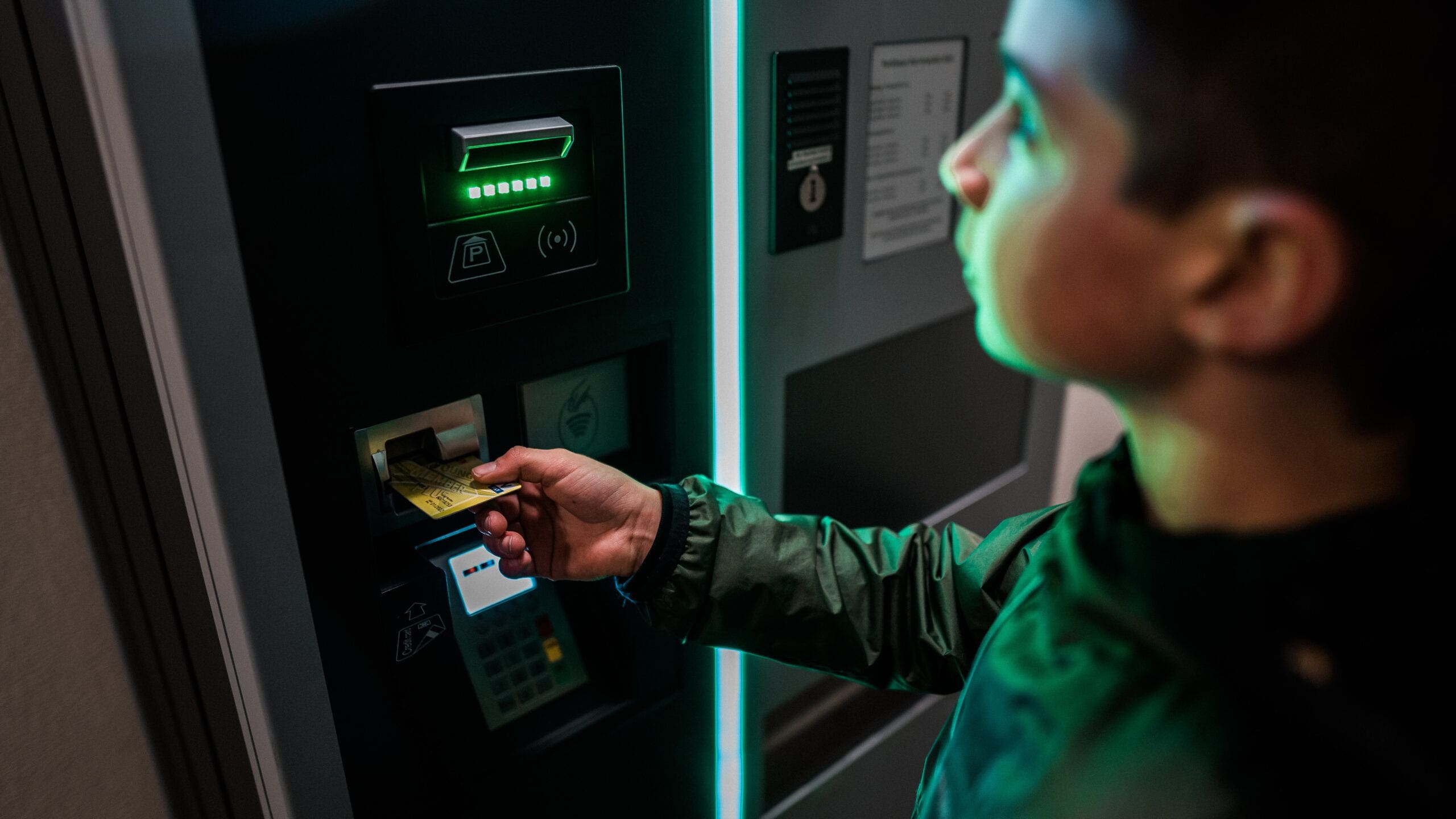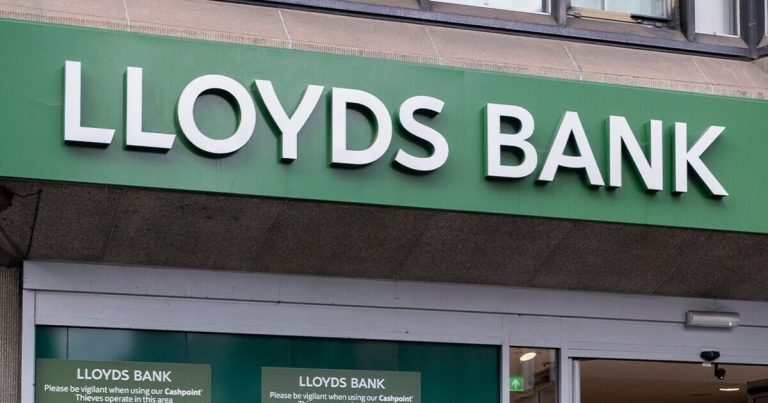
Sometimes a credit card is no longer the right fit and it’s time to consider canceling it. It may be because life circumstances change, card benefits change or any number of other reasons. If you’re thinking about canceling a card, you should consider whether it will impact your credit or if there’s a better option, like downgrading or product-changing to a different credit card. There are a few steps to follow, if you’re still sure you want to cancel your card.
When To Cancel a Credit Card
For some, canceling a credit card may end up being a relief. There are various reasons to cancel a card beyond a celebration following digging yourself out of credit card debt. Not using a card, wanting to reduce the number of cards you have, not wanting to pay hefty annual fees or switching brand loyalty from one hotel or airline to another are all great reasons to close a credit card account.
Whatever your reason may be, you’ll likely wonder what will happen when you take this step, such as if it will hurt your credit and when you must pay your balance?
What Happens When You Close A Credit Card?
You’ll no longer be able to use a credit card when you decide to close it. However, you’re still responsible for making payments on the outstanding balance of the card. Depending on the type of rewards earned from the card, you may lose access to them. It’s important to consider your rewards before closing an account.
Similarly, closing a credit card can impact your credit score. You should understand how your credit score can be impacted before you close a card to avoid any unintended consequences.
Consider If You Really Want To Cancel Your Credit Card
There may be some reasons to keep a card open even if it’s a card you’re not regularly using. If the card has an annual fee and the benefits don’t justify it, it doesn’t make sense to keep the card.
If this sounds like a situation you’re in, you have options. The first is to call the credit card company to see if it will give you a retention offer. It costs banks and credit card companies a lot of money to attract new customers, so these entities are often willing to incentivize current customers to stay. It’s possible you’ll be offered an annual fee refund or a statement credit, bonus miles or points or some combination to keep your card open, if you call and say that you’re planning to cancel. It may require spending a certain amount of money within a specified time period, similar to earning a welcome bonus. You’ll have to decide if the offer is worth your while.
Another option is to downgrade your credit card to another card without an annual fee from the same issuer. This allows you to keep the account and credit line open without having to pay. Different banks have different rules and not all permit doing this—most have requirements about when a card can be changed and which cards it can be changed to.
Also keep in mind that if you keep a card open but never use it, the credit card company may choose to cancel the card. To avoid this, consider putting a small charge on the card periodically.
Does Canceling a Credit Card Hurt Your Credit?
Many specialists advise against closing a credit card because there’s a risk it will negatively impact your credit score. This risk exists even if your balance is zero on the credit card you want to close.
Credit Utilization
Closing a credit card can trigger an unintentional increase in credit utilization. You can calculate your overall credit utilization by dividing your total credit balances by the total of all your credit limits. If you cancel one of your cards, you will have a lower amount of total credit available. If you’re carrying a balance on any of your other credit cards, this will increase your credit utilization rate. If your utilization is too high, you will likely see a negative impact on your credit score.
Credit Card Payment History
Your credit card payment history matters and it won’t be erased once you close your account. Late payments or other older issues won’t go away; the account will read,“closed” on your credit report—not disappear entirely.
Amounts Owed
Your balance is important when closing a credit card. It doesn’t only matter how much you owe on the credit card you’re trying to close—the amount you owe overall is what matters.
Length of Credit History
Try to keep the oldest credit card account you have open. The longer an account has been open, the better it is for your credit score. Sure, if the terms are no longer favorable and you can’t afford the fees, closing the card might be a better option. But even then, it may be worth talking to your credit card provider to see if they can give you a better deal that will help you keep the card. If you downgrade to a card without an annual fee, you will keep the same account history.
New Credit
Closing accounts too quickly after opening an account isn’t always a great option. Closing an account too quickly can indicate risk to lenders and negatively impact a credit score or the likelihood another lender will work with you. This is especially true if you’re young and have a short credit history.
Credit Mix
Credit mix refers to the types of credit accounts you have: credit cards, mortgages, car loans, etc. Closing a credit card account can impact your credit mix. You should thoroughly consider whether closing your card is the best option.
Reasons To Cancel a Credit Card
Everywhere there are cons, there are pros. Several circumstances justify canceling a card despite the risk to credit.
Separation or Divorce
If you have a joint account with a spouse, it is generally best to close the account as soon as separation begins. While that account exists, you’ll still be liable for any charges on your credit card.
An angry ex who runs up excessive charges and takes off can mean a major bill for the unexpecting divorcee. Even if a separation is amicable, small daily charges can still be made without malice and both parties still share responsibility.
High Annual Fees
No one appreciates high annual fees. While there are instances where the benefits outweigh the costs, it’s common to find yourself paying an annual fee and not using the benefits. In these cases, it may be best to close the card.
Before you do, call your credit card provider and talk about the fees. The issuer may be willing to waive them, especially if you mention you’re considering canceling your account. It also may be possible to downgrade to a lower- or no-annual-fee version of the card.
Too Much Temptation
Temptation to spend money we don’t have is a dangerous problem for many of us. Sometimes closing an account makes more sense than tempting ourselves to spend beyond our means.
Before deciding to close an account and potentially impact your credit, it may be worth trying to solve a spending problem another way. You could, for instance, leave the card at home when you know you’re going shopping. Alternatively, you can ask someone else, like a spouse or trusted relative, to keep the card for you and only provide it to you for necessary purchases.
Consider Moving the Credit Line to Another Card
If you have concerns about your credit utilization, one option you have is to move your credit line from your to-be-canceled card to another card with the same bank.
Read More: Best Credit Cards
Stop Using The Card Before Canceling
Don’t forget to stop using the card before canceling it and ideally, allow the statement to close. You’ve earned rewards on the total amount you’ve spent, so make sure and collect them before you cancel the card. Most issuers cancel rewards balances upon account closing or shortly thereafter, though exact details vary by type of rewards earned.
Pay Off Your Balance in Full
Before canceling your credit card, pay your balance in full.
If your card has an annual fee, there’s generally no reason to cancel early. Instead, wait until the annual fee posts to your card’s account or just before. Most banks and credit card companies have a grace period when you can cancel the card and still get the annual fee refunded. Operating this way, you have the option to call for a possible retention offer after your annual fee posts.
If you do have a zero balance on the card and end up getting your annual fee refunded, you may end up with a negative balance. If this happens, the credit card company will send you a check in the mail. Make sure to make a note of it and follow up to make sure you receive a refund check.
Let Authorized Users Know
If you have authorized users or employee cards on a business credit card, notify those cardholders that you plan to close the account. Collect the cards or instruct the authorized users to dispose of the cards.
Cancel Recurring Payments
Make sure to review previous statements and check for recurring charges. You should contact those companies and make sure to transfer the charges over to another credit card. Being proactive about recurring charges will make sure you’re not stuck in a situation where you face a service outage due to non-payment.
Check the Timing on Your Card Benefits
Another thing you should check before canceling your card is the timing of any card-specific rewards or benefits. If you have a card with a relatively simple earning structure.However, some other cards have time-sensitive rewards that you’ll want to consider before closing. For example:
- Many hotel credit cards offer a free night on your account anniversary. Check when that free night gets posted into your hotel rewards account to see when it might make sense to cancel the card.
- Other cards offer points on your cardmember anniversary.
- Some cards offer bonus points in certain categories each quarter, up to a certain limit. If you’re in a quarter where you have a relatively easy path to maximizing your bonus, consider holding off on canceling until you’ve maxed out your bonus.
- Many credit cards offer travel benefits like free checked bags, airport lounge access, or a better boarding order. If you have a trip coming up where you might take advantage of those benefits, consider holding off on canceling until after your trip.
Figure Out If You’ll Lose Your Rewards
Generally, credit card rewards come in two flavors: branded and not. If your card earns hotel points or airline miles, your miles and points are deposited directly in your hotel or airline account when they are earned. In this case, canceling the card will not have any impact on your hotel or airline rewards account. So if your card is a co-branded hotel or airline card, you can often cancel without worrying about losing your rewards. If you are not regularly earning points or miles through a credit card, you will want to look up the airline or hotel program’s points expiration policy to make sure you have activity on your account often enough to keep your points from expiring.
On the other hand, if your card earns cash-back rewards or bank-specific points like Chase Ultimate Rewards®, you may lose your rewards if you cancel your card. Make sure to either use up your rewards or transfer them to a different card or partner before canceling your card when this is the case.
How To Cancel a Credit Card in 6 Steps
Once you decide to cancel a credit card, here’s how you can shut it down:
- Start by redeeming any unused rewards before canceling.
- Pay off or down all of your credit accounts—not just that of the account you’re canceling. Canceling a credit card with a zero balance can still hurt your score if your balance is positive on other cards because your credit utilization will increase.
- Call your credit card issuer (or check online) to confirm your balance is INR 0.
- Contact your credit card issuer to cancel your account. Request a written confirmation that your balance is zero before closing.
- Thirty to 45 days after cancellation, check your credit report. You want to see a report that the account was closed by the cardholder and that the balance is zero.
- If there are any issues, open a dispute with the credit bureaus.
Dispose of the Credit Card and Update Your Records
Once a card is closed, dispose of it. Get out your scissors (or tin snips if you have a metal card!) and cut up your card. You should also update your records with the cancellation date. This is important because many cards have a fine print negating eligibility for welcome bonuses for those who’ve opened or closed an account within the past 24 to 48 months. Knowing your card cancellation date can help you if you want to apply for the same or another card again in the future.
Bottom Line
While there are many reasons to keep credit cards open for their rewards or benefits, regular maintenance of your credit card portfolio is essential. It doesn’t make sense to pay annual fees for cards when you no longer receive benefits to justify the cost. Be careful to keep your credit card portfolio as healthy as it can be when canceling: Canceling a card can harm your credit in ways you need to be ready for when it comes time to shut an account down.
Frequently Asked Questions (FAQs)
Is it bad to close a credit card?
Closing a credit card can have a negative impact on your credit score, but there are ways to minimize this risk. Make sure your balance on all credit card accounts is zero, if possible. Also, avoid closing your oldest card. Close cards that are absolutely not worth it anymore.
What happens if I cancel a credit card with a balance?
Your balance won’t disappear. You’ll still have to pay monthly interest on the balance. The risk of a negative impact on your credit score also increases. In short: do your best to close a card with a zero balance.
How can I cancel a credit card application?
If your application hasn’t been approved yet, call your provider’s customer service and ask them to cancel the application. You’ll need to act quickly: In some cases, it only takes minutes for an application to be approved as most of the processes are automated. Once you’re approved, an inquiry on your credit report has already begun so canceling it won’t help stop this process and its impact on your credit score.
How to cancel a pending transaction on a credit card?
Pending transactions can’t be canceled by your bank or credit card provider until they’ve been finalized. If you’ve made an accidental purchase, the safest thing to do is call the merchant and ask them to cancel the transaction. If you’ve missed your opportunity to do this, or if the merchant refuses, you can try opening a dispute. Finally, if you don’t recognize the transactions, call your credit card provider and let them know you suspect fraud. They will likely freeze the card and guide you through the next steps.





